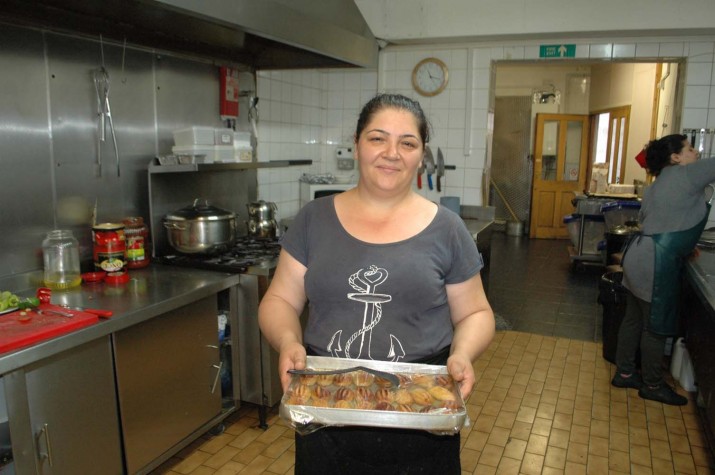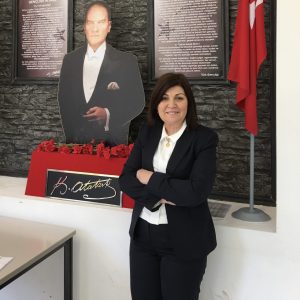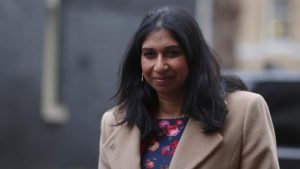Our London is not the same
Turkish migrants speak of how much their adoptive city has changed in a quarter century

Emine Kanat
Turkish speakers living in London have described how the capital has changed dramatically since they first moved here decades ago.

Sabri Baraçkılıç

Mehmet Gümüş
Londra Gazete spoke to a number of people in the Turkish-speaking communities who have spent more than half their lives in the British capital since deciding to relocate here in the 1980s and 1990s.
They paint a picture of a radically transformed capital, with rising living costs, falling morals and disappearing skills.
Mehmet Gümüş, who runs the Class barbers shop, said there had been dramatic changes since he first came to London in 1987.
“I used to earn £90 a week and was able to save money. Now I have a business of 20 years but haven’t been able to reap the rewards of the £90 per week salary. The income-expenditure gap in London is now extremely big.
“I used to be able to employ people for £250. But now people don’t want to work for less than £500-600, even if they aren’t qualified barbers yet. Of course London is not like it was in the 1980s or 1990s.
“Things began to change after 2005. I think they want to turn London into a little Dubai or Manhattan, a centre of business. They only want high-earning professionals to live within the A406 [the North Circular road]. People who earn between £70,000 and £150,000 will be able to live here, whereas those earning less will have to live outside the M25.”
Mr Gümüş pointed to rents in London as another major change over the years: “In my first years I rented a room for £25 a week. Now it is impossible to find a room for this price. You can’t find a 1 bedroom flat below £1,500 anywhere in Dalston or Hackey”.
On the same theme, Sabri Baraçkılıç, who owns Haringey’s famous Şelale Restaurant, told us that bus fares were just 35p when he first came to London.
“House prices were much lower too. There would be a huge drop in fruit and vegetable prices each spring, with the onset of summer, but we don’t see these variations any more. The same was the case for meat prices as well,” he says.
Mr Baraçkılıç added that the area in which he works, the Turkish restaurant sector, was facing a serious problem regarding its workforce in the near future: “Britain is a country of high migration but none of the people arriving can work in front of a grill and make and serve kebabs.
“I’m hearing the same thing from other colleagues in the restaurant business too: new people are not being trained. The new generation is not producing people who can sustain these jobs. And foreigners don’t understand how it works.”
Emine Kanat, a local chef, told us that she came to London from the southeastern Turkish town of Gaziantep 24 years ago and that she had a daughter and a son.
“London was cleaner back then. The crime rate was lower. But the migration from different coutnries to London have changed London.”
Ms Kanat, who divorced her Turkish husband while here, spoke of the dramatic increase in rents and living costs since she came here. She also said personal circumstances had changed radically.
“20 years ago there was love and respect between partners. Now whoever I ask has separated and divorced. Marriages are over. This happened after foreigners came to London.
“I separated from my husband. Many women here turn a blind eye to their husbands living a different life outside. They put on false smiles and play the happiness game. They are actually unhappy. If I am not drawing interest and love, I do not need to put up with this. It doesn’t suit my character to say ‘she looks after the children at home’. Why should I serve him?”









